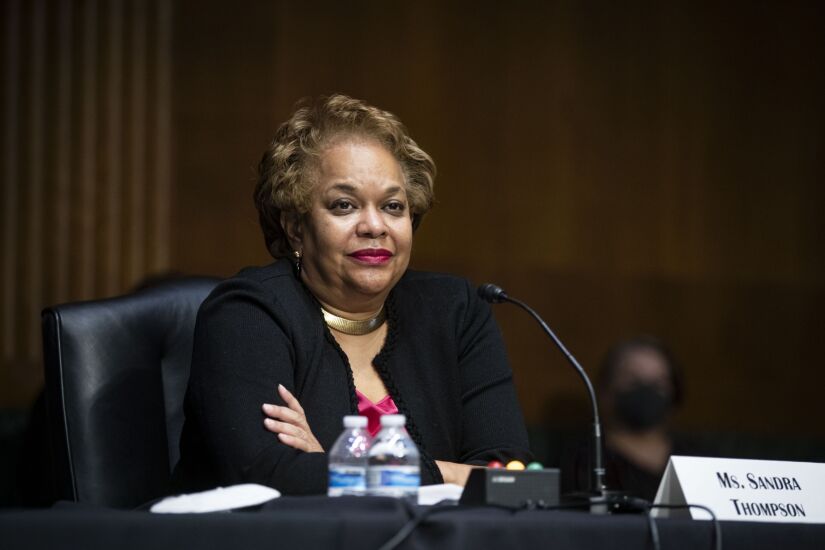Want unlimited access to top ideas and insights?
A review of the Federal Home Loan Bank System for the first time in nearly 100 years, called for by FHFA Director Sandra Thompson, has brought the relevance of the system into question. Meanwhile, new FHFA proposals for GSE multifamily goals based on percentage share rather than number of units could help increase the number of affordable apartment units.
For more on these stories and other FHFA developments, read our roundup below.









